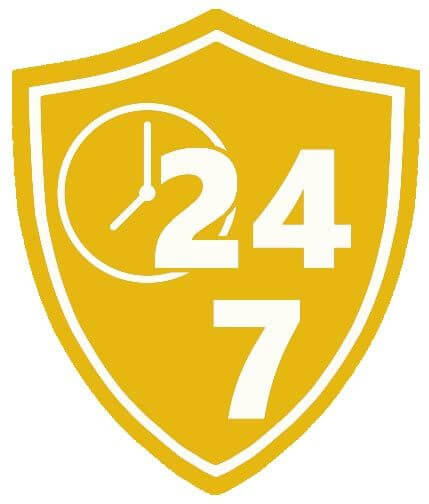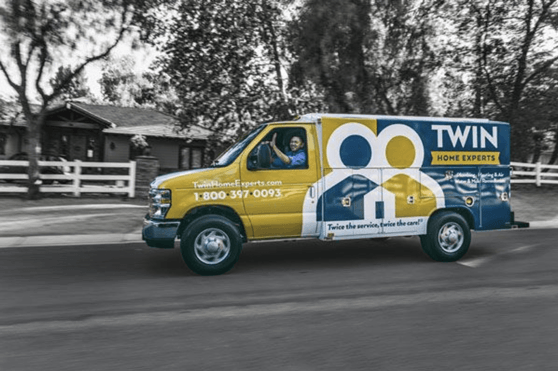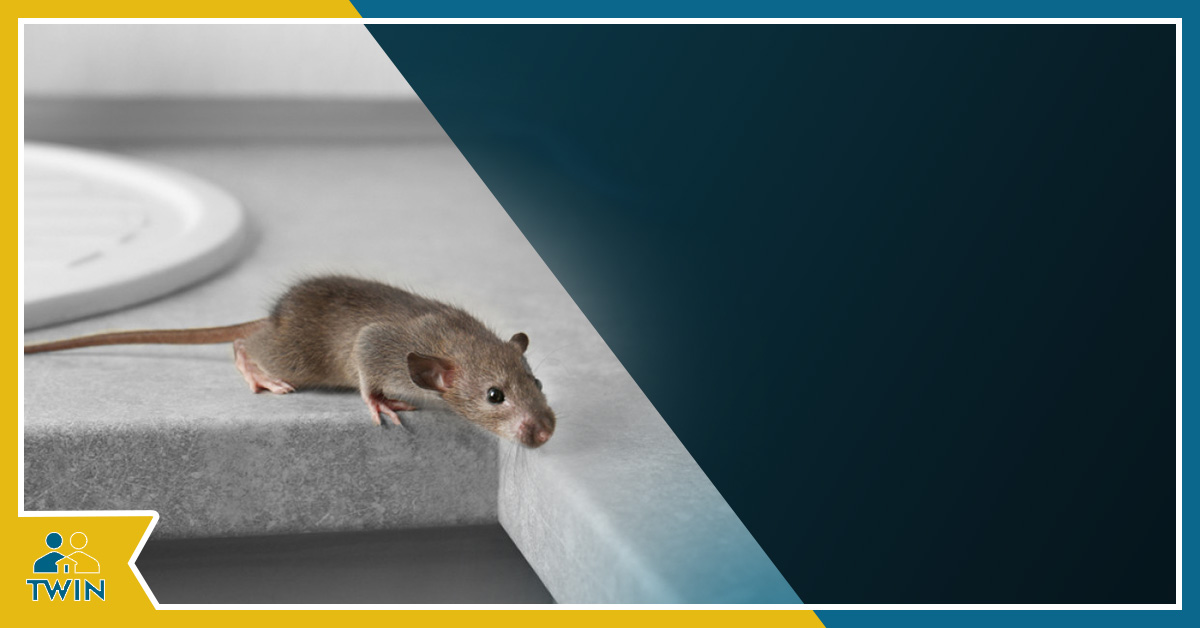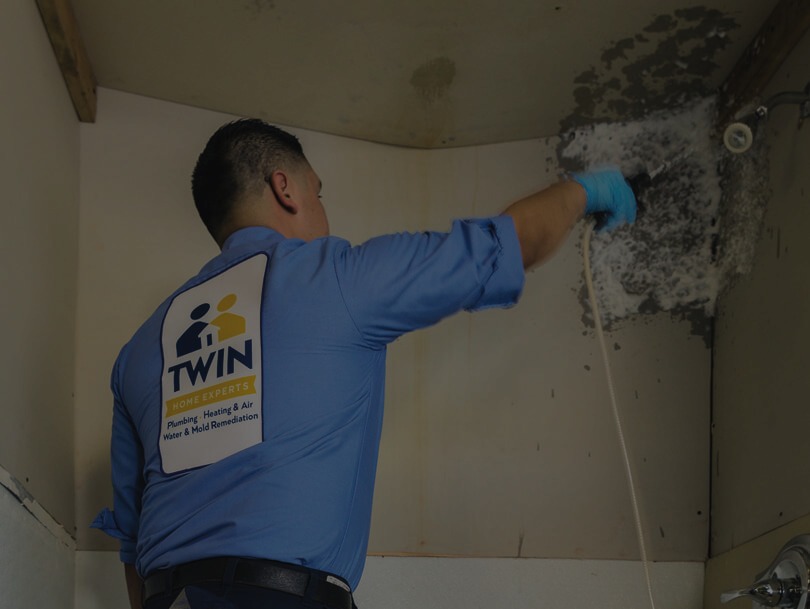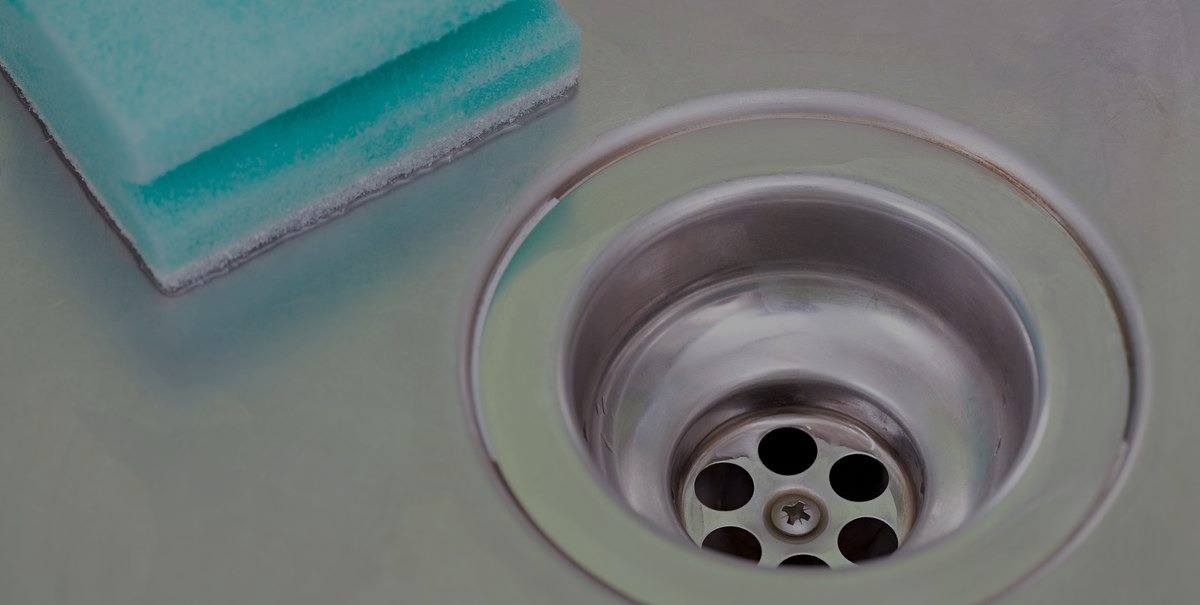Natural Gas Leaks Guide
Luckily, natural gas has a distinct smell, so it’s easily discoverable. The trick is knowing how to act — and you certainly need to act fast!
Call your local gas company! Typically, emergency responses are completely free! Their technicians will come out and run tests off your gas meter to let you know if the leak is on the outside or on the inside of your home. If the leak is substantial, note that they will shut off gas and lock your meter until it gets fixed.
Carbon Monoxide Leaks Guide
Since carbon monoxide (CO) is completely unnoticeable, you need a reliable CO detector in your home. That’s not an exaggeration: California actually has a law that states all single family homes need to have a carbon monoxide detector from the approved Fire Marshall list in their home. Even if it weren’t the law, though, it’s just the only way to go. Saving money is important, sure, but not when it’s your family’s safety that’s at stake.
What kind of CO detector should you get? At the Twin Home Experts, we love First Alert carbon monoxide detectors, which give you smoke detection as an added bones. That’s two in one! These retail around $40.00. Getting a First Alert carbon monoxide detector will give you the peace of mind that every homeowner deserves to have.
Sewer Gas Leaks Guide
Here on the Twin Home Experts blog, we discuss this type of link a lot, generally with regards to bad odors in the kitchen, bathroom or basement. There are some simple steps that you can take which we’ve outlined in the video below:
Indoor Air Leaks Guide
Here, we’re talking about air quality, mainly leaks and dust from your ventilation bringing contaminants into your home’s air. These leaks are normally detected through the most advanced leak detection equipment we have — our senses! If you’re sneezing, feeling lethargic, having bad allergies, or just not feeling so good when you get home, something may be leaking into your indoor air and disturbing its quality.
Here are some simple steps to take:
1) Air Duct Cleaning, as well as deep cleaning your air conditioning fan motor.
2) Refrigerator motor cleaning (the Twin Plumbers have discovered that behind every home’s refrigerator is a hidden breeding ground for mold and mildew!
3) Whole-Home HEPA-VAC
4) Perform an indoor air test and compare it to the outside (NOTE: If you’re still experiencing issues, you may want to hire a hygenist to do a more comprehensive air test on your home).
Well, we hope that these tips have been helpful! Stay updated with our blogs and check out our Youtube Account for more helpful homeowner tips! And remember, you can always call on the Twin Home Experts for help when you need it! Need a leak repaired? Call today!
The post Residential Leak Detection Guide 2 for Los Angeles Homeowners appeared first on Twin Home Experts.
